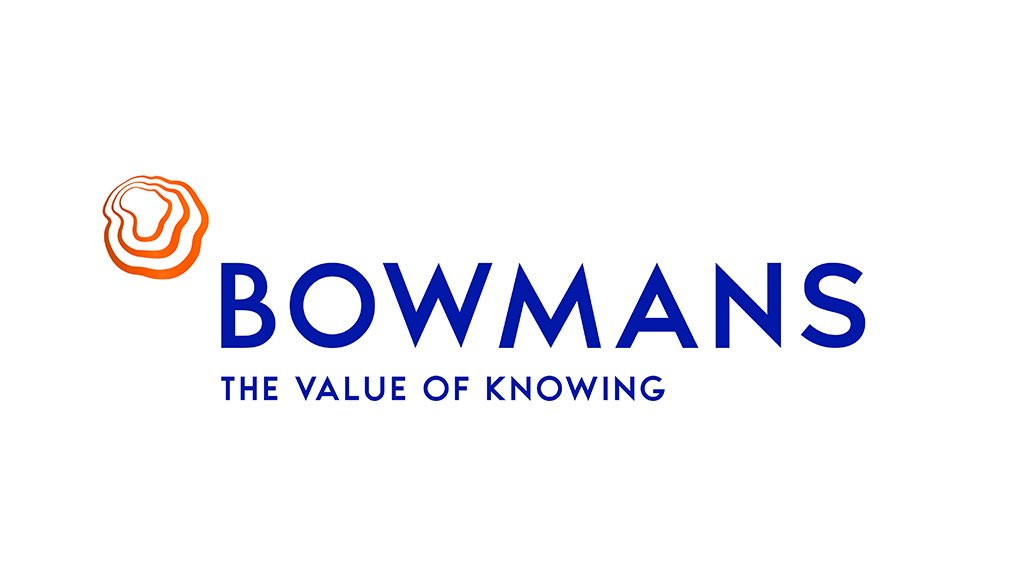South Africa has yet to witness a major blockchain-related dispute but such disputes are bound to occur as interest in cryptocurrencies and smart contracts intensifies and transactions involving them become more common.
In certain other jurisdictions, such as the United States, we have seen a tendency for some investors to get caught up in the novelty and excitement of blockchain transactions to the point of overlooking the checks and balances they would normally insist on in investments. This has contributed to a spate of high-profile international disputes, mostly involving investors and cryptocurrency exchanges or issuers of initial coin offerings (ICOs).
Although blockchain investments are in a class of their own, given their uniquely decentralised characteristics, among other things, basic investment principles apply as much to them as to any conventional high-risk investment. It is vital that investors perform proper due diligences, anticipate potential problems and understand clearly who they are doing business with.
Who and where in the world?
This could turn out to be a hurdle. The blockchain’s major appeal to many people is that it is decentralised and anonymous. However, this means it is that much harder to ascertain who or what the investor is dealing with. Blockchain is a completely different world, one where online traders typically introduce themselves by user name, and it may be difficult to find the real person or entity. The same goes for the physical location of the trader or issuer - they could be anywhere in the world.
This means that should an investment go sour, it would be difficult to institute a claim. To do that, you need to know who the other parties are and where to find them.
Another complicating factor is figuring out which country’s laws would apply in the event of a dispute.
In a conventional contract, where the parties have chosen an applicable law or jurisdiction, the courts will as a general rule honour that choice. If the agreement is silent on the applicable law, a court would consider whether a tacit agreement was in place. In all likelihood, the law of the country with the closest and most relevant connection to the transaction would apply.
In South African law, this would normally be the place where the offeror heard that the offer was accepted, at least for agreements concluded by electronic communications (which is the likely method of communication for blockchain contracts). If the place where the contract was concluded differs from the place of performance, the latter takes precedence.
The question is whether a blockchain transaction would fit so neatly into the usual standards. Blockchain transactions are seldom geographically fixed and so a place connected to a transaction may be completely random.
Nevertheless, the prudent investor would make a point of ensuring that the investment agreement not only spells out who the parties are and where they are located, but also the law that will govern the contract. Furthermore, it would be helpful to spell out the parties’ choice of court in the event of a dispute or, if they prefer, arbitration or another form of alternative dispute resolution.
Alternative dispute resolution mechanisms are likely to be a popular choice, as these afford the parties greater flexibility to determine the person or persons who will adjudicate the dispute. This means that the parties can (at least in principle) agree to appoint a specific person with knowledge of the law as it pertains to blockchain, as well as a sound understanding of the underlying concepts, as the arbiter of their dispute. This will go a long way towards mitigating the risk that a judge or other adjudicator is misinformed on the nature of the transaction and accordingly makes an order which is wrong on the facts, or which is factually impossible. For example, it is common to “rectify” a written agreement by simply amending its terms, but this is impossible for a transaction concluded on the blockchain as the blocks are immutable.
Mechanisms and remedies
Some ICO offerors have dispute resolution rules of their own built into the agreements underlying the ICO. We are also seeing the emergence of a whole new line of dispute resolution mechanisms specifically for ICOs and other blockchain-based transactions. An example is Jury.Online, which is registered in Estonia. It was set up to promote “secure ICOs” and uses third-party jurors to decide on disputes, among other things. One of the difficulties with such a concept is that it is not clear which law is applied and whether matters will be decided on legal or other grounds, since legal training or know-how is not a requirement to be a juror. Such developments could be worth watching, but perhaps it is too early to make a call on their suitability.
As for the remedies available to investors: since blockchain transactions are still unregulated in South Africa and many other jurisdictions, possible remedies would be the ordinary contractual remedies (specific performance, damages, cancellation) delictual and possibly even criminal remedies if there is evidence of misrepresentation, fraud or other criminal offences.
Given that there is no blockchain case law in South Africa, the best approach to a transaction gone wrong would be to look at the facts of the case and apply general legal principles. Blockchain investors should approach a blockchain transaction with the same caution as one would approach an ordinary financing transaction.
Above all, do proper due diligence, look at the contingencies, anticipate the problems, demand good governance – and do it all before committing to an investment.
Written By Kirsten Bailey and Max Taylor, associates at Bowmans
EMAIL THIS ARTICLE SAVE THIS ARTICLE ARTICLE ENQUIRY
To subscribe email subscriptions@creamermedia.co.za or click here
To advertise email advertising@creamermedia.co.za or click here











